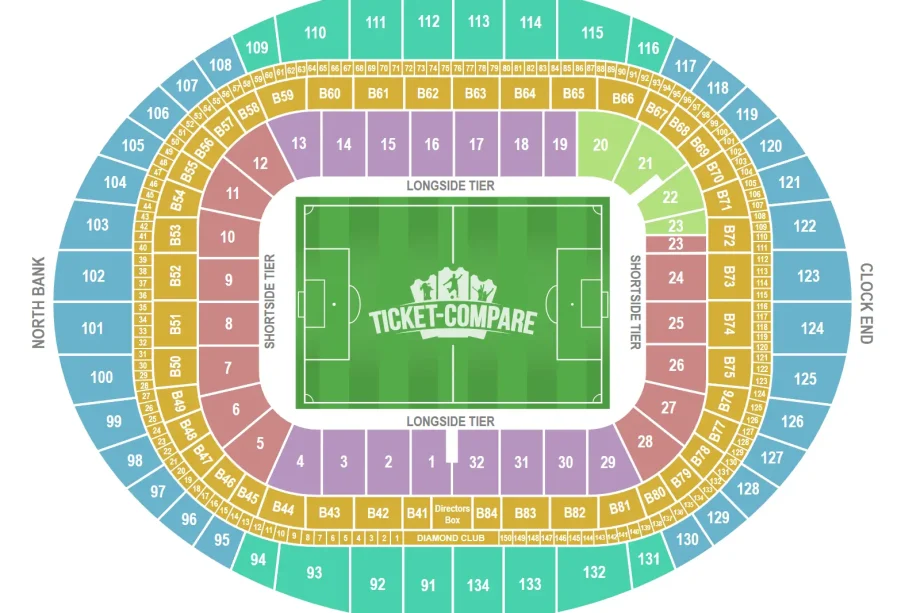Emirates Stadium: A Landmark of Modern Football

Introduction
The Emirates Stadium, located in Islington, London, has become an iconic symbol of modern football since its opening in 2006. As the home of Arsenal Football Club, this stadium not only reflects the rich history of the team but also showcases a commitment to contemporary design and fan experience. Its significance extends beyond just football; it serves as a multi-purpose venue for various events, further highlighting its importance in the community and the sporting world.
Stadium Design and Features
Designed by architects Populous, the Emirates Stadium features a distinctive glass façade and a seating capacity of approximately 60,000, making it one of the largest stadiums in the United Kingdom. The stadium’s design incorporates modern facilities, including state-of-the-art media and hospitality suites, which have raised the standard for sporting venues globally. Additionally, its environmentally-friendly approach includes measures for sustainability, addressing modern concerns over eco-friendliness in large constructions.
Significant Events and Matches
Since its inauguration, the Emirates Stadium has hosted numerous significant matches, including Premier League games, UEFA Champions League ties, and international fixtures. Notable events include the 2007 League Cup Final, where Arsenal faced Chelsea, and various North London derbies against Tottenham Hotspur. These fixtures not only engage local supporters but also attract international attention, contributing to the stadium’s reputation.
Economic and Cultural Impact
The Emirates Stadium has positively affected the local economy, drawing in thousands of visitors and tourists each match day. With surrounding restaurants, shops, and other attractions, the stadium serves as a catalyst for local business growth. Moreover, the stadium is more than just a football ground; it has hosted concerts and community events, solidifying its role as a cultural centre in North London.
Conclusion
As we look ahead, the Emirates Stadium will continue to play a crucial role not only as the home of Arsenal Football Club but also as a landmark of modern British architecture and sports culture. The ongoing developments and events held at the venue ensure that it remains a focal point for the community and football fans worldwide. Its legacy is set to grow, making it a must-visit hub for those passionate about football and sporting achievements.









